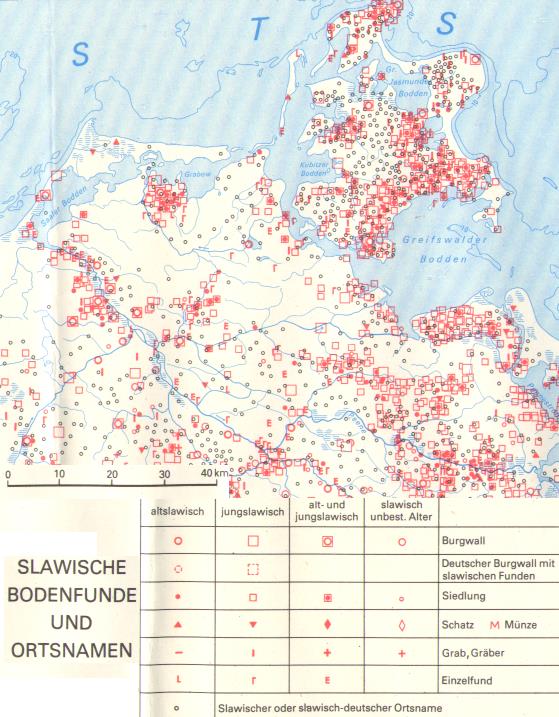brianco
Regular Member
- Messages
- 107
- Reaction score
- 12
- Points
- 0
- Y-DNA haplogroup
- R-U152 BY3644/A9024
- mtDNA haplogroup
- H1c3b 'Helga'
I dont know if this is of interest to our German cousins?
Help us map the genetic history of Germany
Living DNA and Germany’s largest genealogy society Verein für Computergenealogie e.V. (CompGen), are working with the world's leading academics, scientists and genealogists and seeking your help.
https://www.livingdna.com/en/german-dna-research-project
I thought it would be free but 89 Euros is very reasonable for a Y-DNA, mtDNA and Autosomal DNA test
Help us map the genetic history of Germany
Living DNA and Germany’s largest genealogy society Verein für Computergenealogie e.V. (CompGen), are working with the world's leading academics, scientists and genealogists and seeking your help.
https://www.livingdna.com/en/german-dna-research-project
I thought it would be free but 89 Euros is very reasonable for a Y-DNA, mtDNA and Autosomal DNA test


